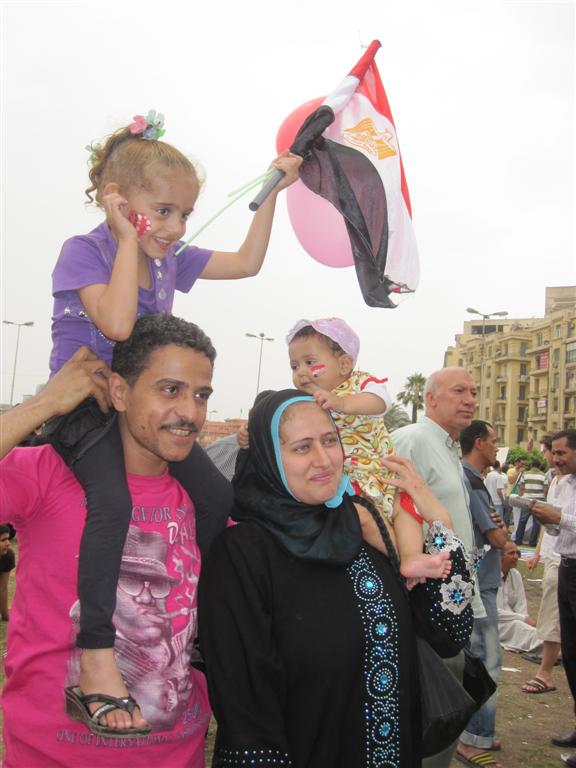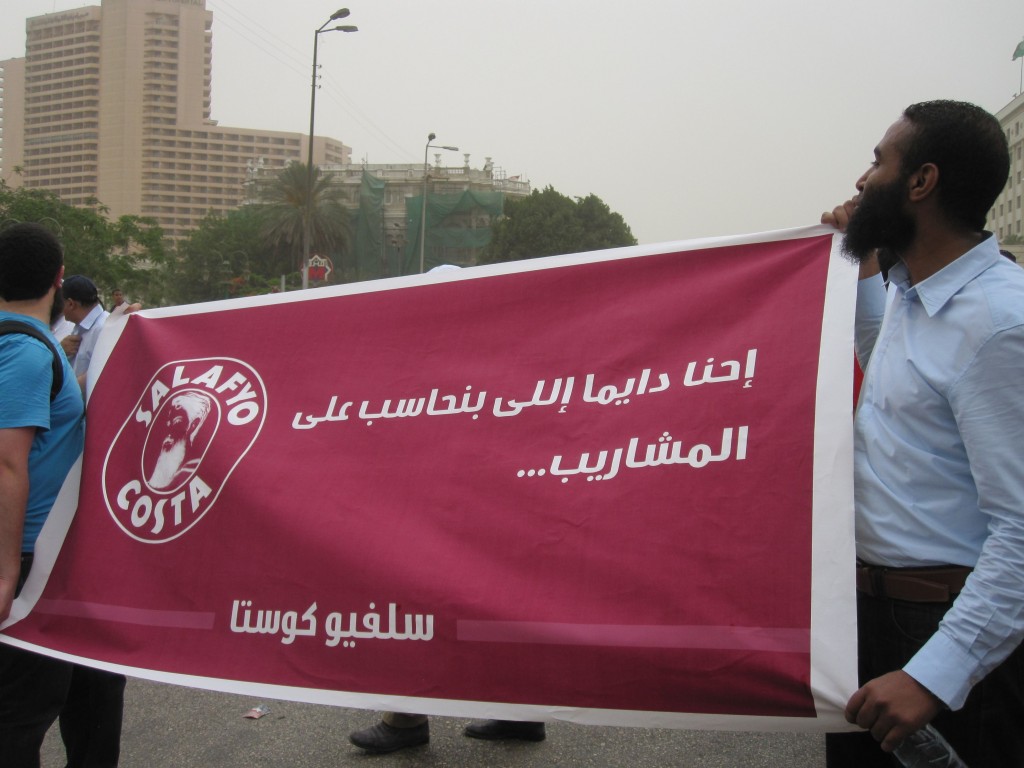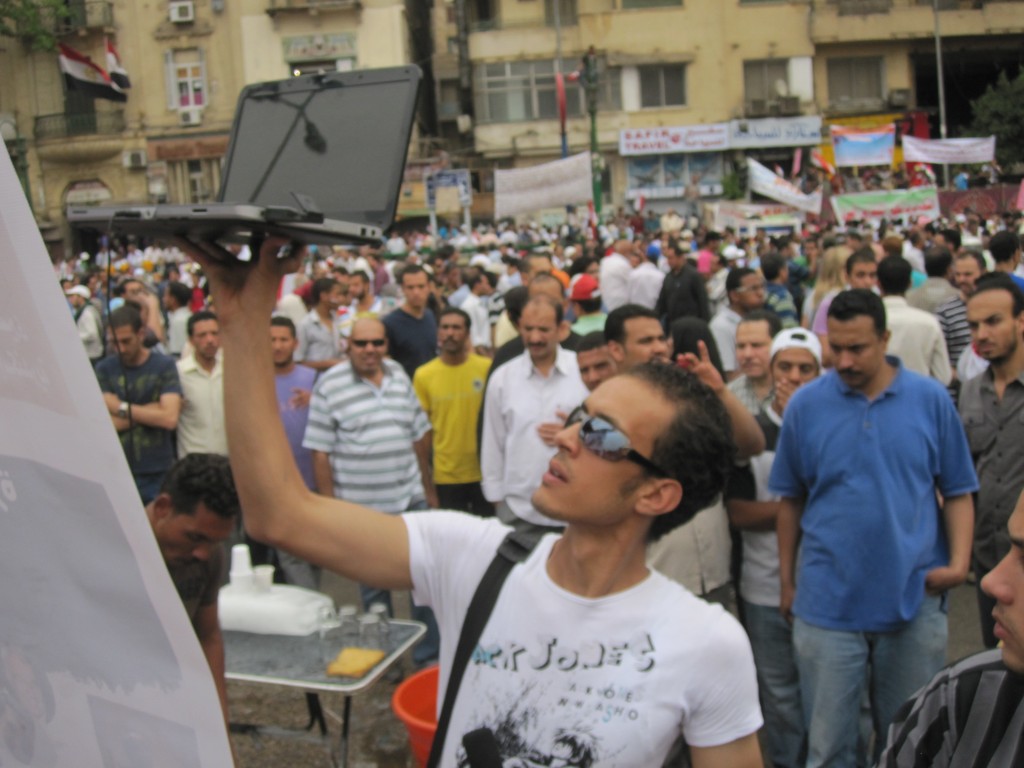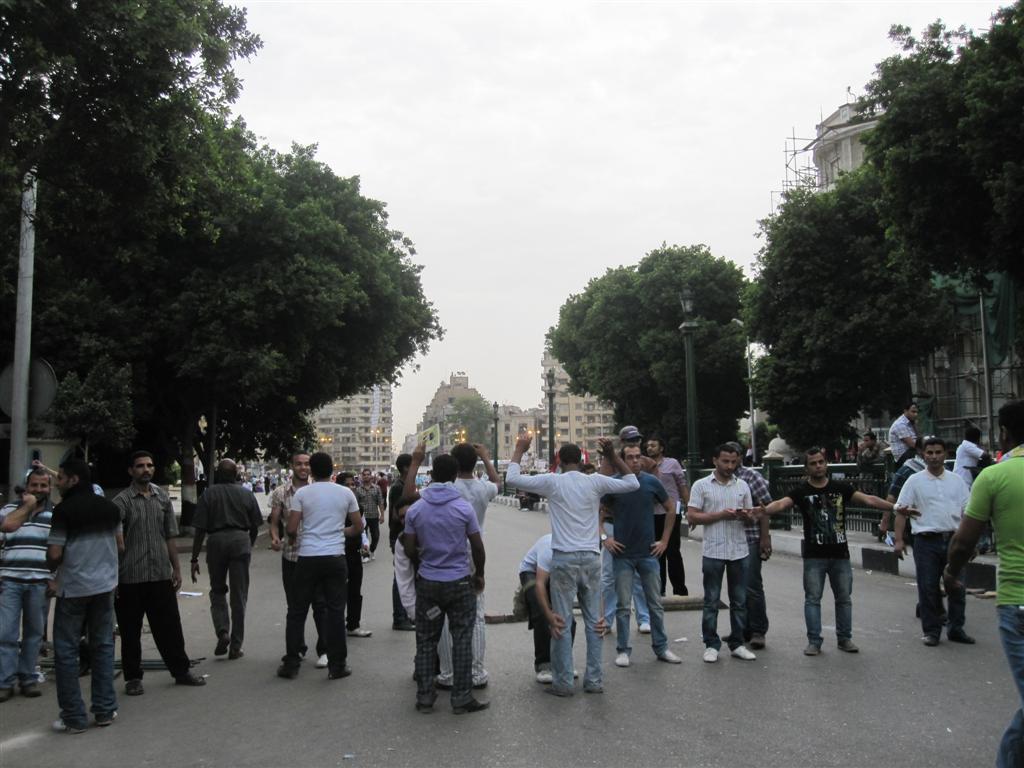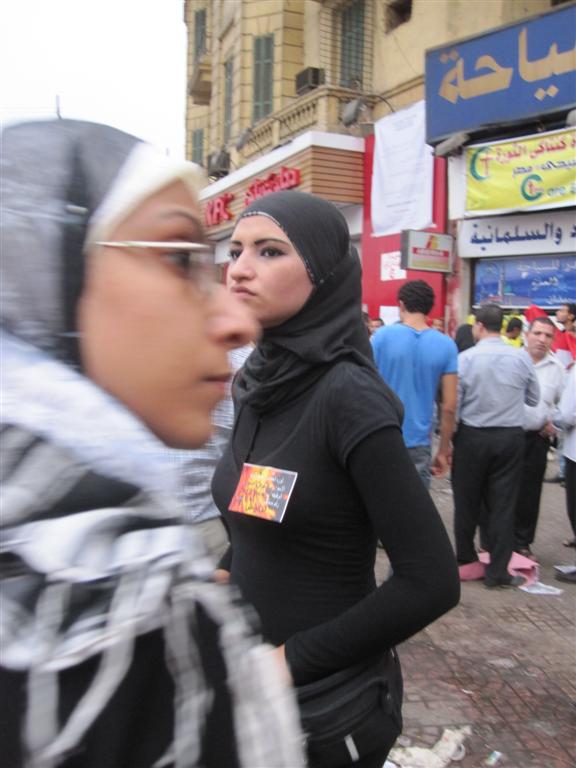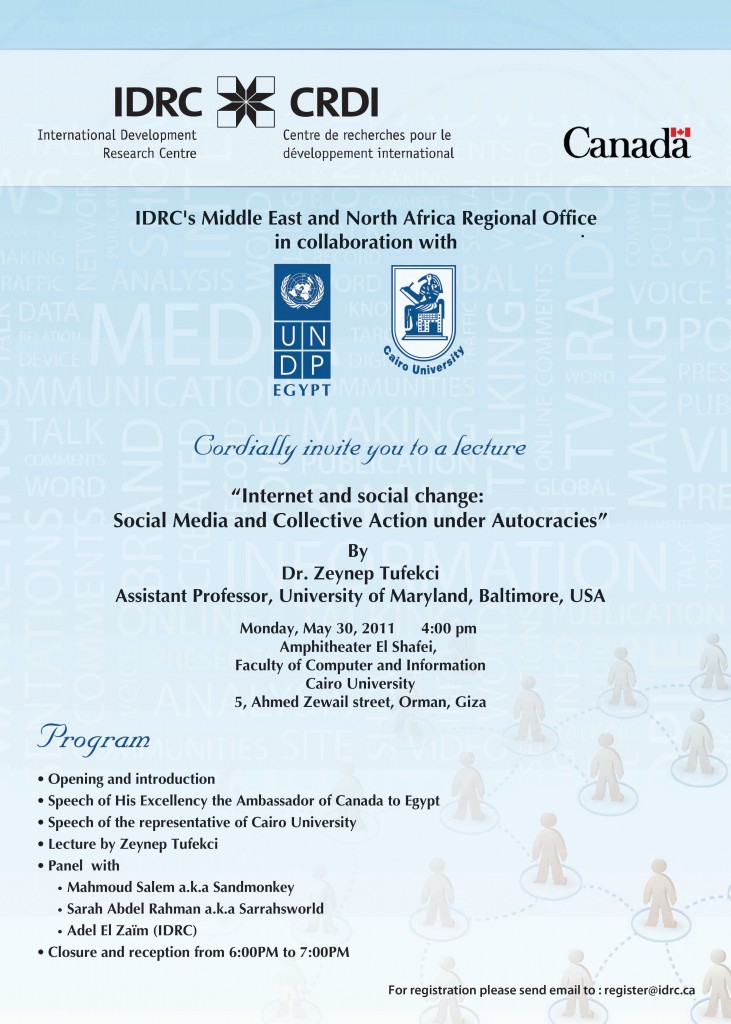Bill Keller of the New York Times has just written a provocative piece lamenting that new technologies are eroding essential human characteristics. I would certainly agree that almost all technologies, especially those with a cognitive element, transform the way we organize, value and manage our intellectual and social lives–-indeed, such complaints were raised, most famously by Plato about how writing was emptying words of their soul by disconnecting them from their living speakers. However, Keller makes not one but at least three distinct claims in his piece. I want to primarily discuss the one that he makes least explicitly and perhaps has never formulated directly himself.
But first, let’s clarify the other two which are explicit.
First Keller talks about how we no longer need to remember everything and how his father used to use a slide rule and now there are calculators and who knows their multiplication table anymore… This is a familiar argument from cognitive replacement and I believe it is worth discussing not necessarily because there is something inherently wrong with machines making certain cognitive tasks easier, but I do deeply worry about what this means for valuing humans. Cheaper computers increasingly capable of taking over human tasks means that we face a profound human problem: how will we deal with the billions of people who will be potentially redundant if the only way of measuring a human’s worth is their price on the labor market? For me, this is an important political question rather than a technological lament. It’s not about what machines can do, it’s about the criteria by which we judge the worth of our fellow human beings, and how advances information technology increasingly leads us to devalue each other.
Second, Keller argues that “there is something decidedly faux about the camaraderie of Facebook, something illusory about the connectedness of Twitter.” This line of argument, that our social ties are being hollowed out by digital sociality, is also fairly common. I’d like to start by saying that it is not supported by empirical research. Almost all research I have seen shows that people who are social online tend to be social offline, or at most the effect is neutral, and that most people interact socially online with people with whom they also interact offline—i.e. the relationship between online and offline sociality is mostly one of complement and reinforcement rather than displacement and replacement. Increasing numbers of people even make connections online which then they turn into offline connections (See Wang and Wellman, for example), so that even actual “virtual” connections –which I have just argued are less common—are valuable for many communities who otherwise do not have abundant peers around them, say cancer patients or gay youth in small towns.
I do, however, agree that the integration of digital sociality is transforming our social networks, but I believe the worst off are not those who do use these social media platforms but those who are unable or unwilling to get on Facebook or similar tools or use them effectively – such folks are in grave danger of falling out of rhythms of sociality of their social networks. The effect is particularly exacerbated if one is in a vertically-integrated social network—i.e. if all your friends and relatives are still using the phone and mailing out the postcards and invitations, you are fine. However, if most of your social circle is now taken to chatting about everything on Facebook and sending out email invites, and you are sitting by the phone, that’s not a good situation. I am hoping to write longer and more about this topic of social isolation and digital connectivity so let’s leave this one, for the moment, at least.
But here are the parts of Keller’s comments which have intrigued me and convinced me to write this post: (quote order mixed, original here).
My mistrust of social media is intensified by the ephemeral nature of these communications. They are the epitome of in-one-ear-and-out-the-other, which was my mother’s trope for a failure to connect.
…
Eavesdrop on a conversation as it surges through the digital crowd, and more often than not it is reductive and redundant. Following an argument among the Twits is like listening to preschoolers quarreling: You did! Did not! Did too! Did not!
…
In an actual discussion, the marshaling of information is cumulative, complication is acknowledged, sometimes persuasion occurs. In a Twitter discussion, opinions and our tolerance for others’ opinions are stunted. Whether or not Twitter makes you stupid, it certainly makes some smart people sound stupid.
…
The shortcomings of social media would not bother me awfully if I did not suspect that Facebook friendship and Twitter chatter are displacing real rapport and real conversation, just as Gutenberg’s device displaced remembering. The things we may be unlearning, tweet by tweet — complexity, acuity, patience, wisdom, intimacy — are things that matter.
… Then along came the Mark Zuckerberg of his day, Johannes Gutenberg. As we became accustomed to relying on the printed page, the work of remembering gradually fell into disuse.
But this comparison between Gutenberg and Zuckerberg makes little sense unless you realize that Keller is actually trying to complain about the reemergence of oral psychodynamics in the public sphere rather than about memory falling out of favor. If the latter were the case, his ire would be more about Google; instead, most of his frustration is directed against social media, and mostly Twitter, the most conversational, and thus most oral of these mediums.
The key to understanding this is that while writing did displace the value of memory, the vast abundance of printed material it did something else also, something less remarked upon, both to the shape of our public sphere and also to our psychodynamics. It replaced the natural, visceral human oral psychodynamics with those of literate and written ones. Most of us are so awash in this new form that we notice it as much as fish notice water; however, writing is but a blip and the printed from a flash in human history. Orality, on the other hand, is perhaps the most human of our characteristics, and ironically, the comeback of which into the public sphere is the one Keller is lamenting while worrying about losing our human characteristics. What he seems to actually mean is that, with the advent of writing and printing, we *acquired* these new cognitive tools and novel psychodynamic [and I should note that they never took that much root in most recesses of culture and thus remain fragile] and they are threatened by social media which re-introduces older forms which, of course, never died out but receded from public importance.
Here I am going to be drawing upon scholarship of Walter Ong and others who distinguish the characteristics of oral societies with those which are dominated by writing—and Europe and the United states are thoroughly dominated by the written culture even though oral culture is still with us because orality is deeply and intrinsically human; all human societies are also oral cultures. (This is true even for Deaf communities; the only difference is their orality is visual, not spoken). Primary orality refers to cultures which are untouched by writing whereas residual orality is cultures like ours where writing dominates even our speaking.
The oral world is ephemeral, exists only suspended in time, supported primarily through interpersonal connections, survives only on memory, and rather than building final, cumulative works, it is aimed at conversation and remembering knowledge by rendering it memorable, which can often mean snarky, witty, rhythmic and rhyming. (Think poet slams rather than essays).
In oral psychodynamics, the conversational, formulaic styling dominates (which aides memory) as well as back-and-forth, redundancy, an emphasis on being less analytic and more aggregative, being more additive rather than developing complex and subordinate clauses (classic example is the Genesis which, like Homer’s Odyssey, is indeed an oral work which was later written down). Oral pschodynamics also tend to be more antogonistic, interpersonal and participatory. (Wikipedia does a pretty good job of summarizing these arguments but I strongly advise reading Ong’s Orality and Literacy: The Technologizing of the Word for a more thorough treatment—though I have some issues with Ong’s arguments I think they are well worth taking seriously).
Sounds a lot like social media, does it not? In fact, Andy Carvin often refers to his Twitter reporting as part preserving oral history, and I think he is spot on. This distinction is probably a bit harder to observe in the English Twitter-verse since English is so thoroughly colonized by writing. Whenever I dive into the Turkish Twitter, I notice tweets employing many forms of Turkish which are solely found in oral Turkish and almost never written down in literate culture. I think this distinction may be more visible in other societies where oral culture was not as decisively beaten back as in the English speaking world — this makes it harder to explain the issue in English. (Although I think the so-called “black-tags” fit very well into oral culture traditions and is likely reflective of the fact that African-Americans are more steeped in oral culture due to their history in this country. Farhad Manjoo once examined this issue concluding that these witty, snarky, back-and-forth became trending topics because African-Americans on Twitter tend to be in denser, interconnected networks (small world networks, so to speak). However, that explains the how, not the why. The strong phatic nature of these “black-tags” points to oral culture as their root.
The difference between oral language and written language is also why bad scripts in movies sound so stilted and written transcripts often look so funny. Those bad script writers are stuck in literate English rather than the spoken word. Oral/spoken language is related to but different from written language, and not just in phrases and grammar but also in mood, effect and rhythms.
What we are seeing with social media is the public sphere, hitherto dominated by written culture, has been more opened up to oral psychodynamics. And this is particularly difficult to deal with for intellectuals who rely on their competence with, and dominance of, the written form as hallmark of their place in society. (As I will argue, there are reasons to be concerned but it is important to separate these issues). Also, television, too, is secondary literacy in that television acts in a way which assumes and implies writing. (I am not going to go into this at length here but there is a lot of work on this topic, starting with Ong).
So, should we be concerned? Does this raise problems? Yes and no. A good chunk of social media is dominated by social grooming. And social grooming is definitely rooted in oral psychodynamics; however, there probably isn’t more of it because of social media but it’s just more visible. This is nothing to be alarmed at. Let me quote from my review of Carr’s book:
Which brings me to another common complaint which Carr does not highlight as much but which I have been hearing more often lately. What about all the “crap” on the Internet? The silly cat pictures, the trivial Twitter updates, the banal Facebook postings, the million Youtube videos of pets, kids, household accidents, pranks, etc.? Surely, that is evidence of intellectual decline?
That, my dear friends, is called humanity. That’s what humans do. We are a deeply social species and we engage in “social grooming” all the time, i.e. acts that have no particular informational importance but are about connecting, forming, displaying and strengthening bonds, affirming and challenging status, creating alliances, gossiping, exchanging tidbits about rhythms of life. I personally doubt that there is substantially more social grooming going on today, on average, compared to the pre-Internet era. The only difference is that the Internet makes it visible. What used to be spoken is now written and published potentially for the world to see. That’s it. There isn’t more or less of it.
I think all the horror and outrage at txtspeak and other unconventional spelling is part of this story. I think this is mostly turf wars by the literate classes against the encroaching oral culture. English spelling is quirky, illogical and result of historical accidents. If the Great Vowel Shift had not happened when it did, we might have had a reasonable system worth defending. Yes, I, too, am a product of this system, and I, too, cringe at “c u l8r.” However, I suspect I just need to get over it just as any logical, reasonable learner of English has to get over her horror of the fact that “tough” “thought” “through”, and“thorough” are all spelled so similarly when they sound so different. A lof this angst is about conventions, and conventions evolve which always horrifies those who have acquired privilege and power by mastering certain conventions while dismissing others. Cultural capital, in other words.
But, I do share some concerns. Oral pyschodynamics are not well-suited to specific kinds of public discourse which are based in affordances of writing, especially long-form writing. Let me again quote from an earlier critique of the iPad I wrote:
Writing, especially writing at length is a different modality of thought than talking and it also allows a different kind of exchange and discourse. (I refer specially to the scholarship of Neil Postman and Walter Ong.) As Postman argues, writing and the spread of the printed word through literacy and the printing press created a culture in which it is possible to debate ideas at length and produce analytic thought which can be produced, advanced, discussed, refuted, rejected, improved and otherwise churned through the public sphere. As Postman writes in Amusing Ourselves to Death: “almost all of the characteristics we associate with the mature discourse were amplified by typography, which has the strongest possible bias toward exposition: a sophisticated ability to think conceptually, deductively, and sequentially; a high valuation of reason and order; and abhorrence of contradiction; a large capacity for detachment and objectivity; and a tolerance for delayed response.” (p.63).
In other words, I do believe those Twitter-like environments are not well-suited to certain kinds of complex argument development and closure. It’s not solely because they are social but that is part of the picture.
The pressure to provide the memorable quote (so that one gets retweeted, the Twitter equivalent of the oral psychodynamic of striving to be remembered); the ephemerality of the conversations and the difficulty of making sense of those which one did not participate in (just like spoken ones); the length limit (just like the oral world since it is hard to have a conversation paragraphs or pages at a time), the visceral, interpersonal nature of the discussion do mean that a world in which Twitter became the sole means of discussing important public issues would indeed be a poorer one. There is great need to preserve and expand the long form through not just newspapers but through blogs and other forms.
However, Twitter and other such tools also present a great opportunity to bring into the public sphere, and into important conversations, greater number of people who would otherwise be excluded. Rather than seeing this as a turf war in which the literate classes must defend their turf against the barbarians at the gate, the questions should be how we can preserve the better aspects of the ideal of the reasoned, complex and rational public sphere without descending into elitism. (I say the ideal because, as Dave Parry often points out, usually on Twitter, the Habermassian ideal of the public sphere, well, never really was).
I see the recent interest in “storify” and other curation and preservation tools as an important step in this direction of integrating oral social media with the rest of the public sphere. I think there should be an effort to preserve longer-form blogging and not abandon it in favor of the quick exchange of Twitter (as Anil Dash said, it [almost] does not exist if you did not blog it). I think rather than dismissing Keller’s concerns, the digiterati should dig into this unease shared by many members of the literate classes and take apart the various issues.
And Bill Keller should understand that, at its best, Twitter is not a broadcast medium but a medium of conversation. What he has done so far on Twitter is the equivalent of walking into a party and saying a provocative sentence, followed by sitting at the corner sipping his cocktail – as in “#twittermakesyoustupid. Discuss.” Social encounters are satisfying and worth mostly to the degree that one participates in conversations, rather than announces witticisms and withdraws. Yes, I am a professor but I do not walk into random rooms and expect people to quietly take notes on what I am saying while I launch into a speech, projecting my voice to the back of the room. Keller cannot understand this medium if he treats it as something different than what it is, and to understand requires participation in its indigenous form, conversation.
I thus urge the Literati to come join the social media conversation with the understanding that some of their strengths will not be as valued, that they will need to relearn certain skills, and some parts of the experience will be annoying – but just like some good literature, it often takes some effort to grasp the value of a new form. I think the literate should accept that this is now an inseparable part of the public sphere and increasing numbers of people who were otherwise excluded can now be heard; yes, they don’t always think or say what I wish people thought or said but what else is new? Given the complexities of the issues facing humanity, engaging this expanded public sphere is of crucial importance to anyone concerned about how we, as humans, will continue to live our lives, socially, economically and politically.
And I urge the Digerati not to always dismiss these anxieties as signs of “get of my lawn” malady. Certainly, I occasionally get that sense that as well, but this is an opportunity have significant discussions on the ongoing reshaping of global networked public spheres. This debate needs to happen based more on substance rather than sides and turfs and their defense.

